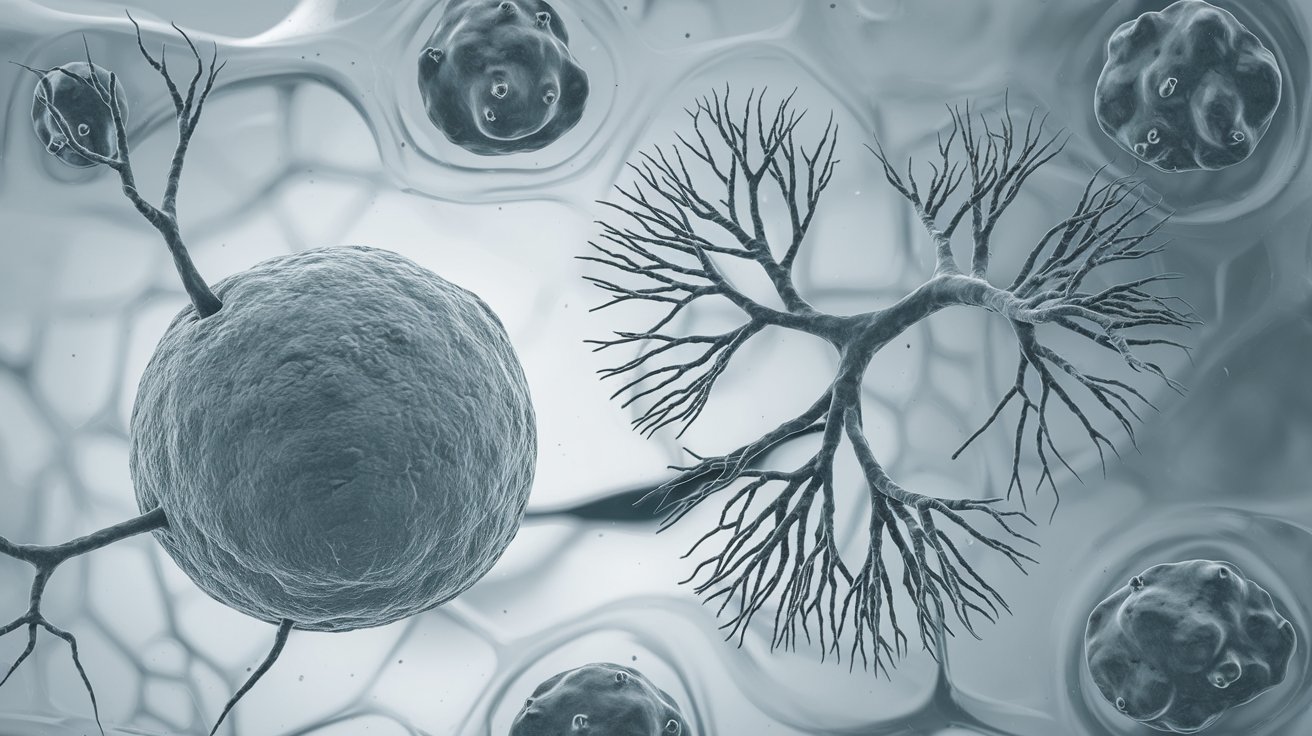
Resistance to Luteinizing Hormone (LH) is a rare condition that affects the body's ability to respond to LH, a hormone crucial for reproductive health. This resistance can lead to various reproductive issues, including infertility. Understanding this condition is essential for those affected and their families. In this blog post, we'll explore 25 fascinating facts about LH resistance, shedding light on its causes, symptoms, and potential treatments. From the science behind LH to real-life stories of those living with this condition, you'll gain a comprehensive understanding of what it means to be resistant to this vital hormone. Get ready to learn and share this knowledge!
Key Takeaways:
- LH resistance can cause irregular periods and infertility in women, and low testosterone levels in men. It can also lead to mental health concerns and increase the risk of diabetes and heart disease.
- LH resistance can be diagnosed through blood tests, genetic testing, ultrasound scans, and semen analysis. Treatment options include medications, hormone replacement therapy, lifestyle changes, and surgery.
What is Luteinizing Hormone (LH)?
Luteinizing Hormone (LH) plays a crucial role in the reproductive system. It helps regulate the menstrual cycle in women and stimulates testosterone production in men. Understanding LH resistance can shed light on various health issues.
-
LH is produced by the pituitary gland. This small gland at the base of the brain releases LH into the bloodstream.
-
LH levels fluctuate. In women, LH levels vary throughout the menstrual cycle, peaking during ovulation.
-
LH triggers ovulation. A surge in LH levels causes the release of an egg from the ovary.
-
LH stimulates testosterone production. In men, LH prompts the testes to produce testosterone, essential for sperm production.
What is Resistance to LH?
Resistance to LH occurs when the body does not respond properly to the hormone. This can lead to various reproductive and hormonal issues.
-
Genetic mutations can cause LH resistance. Certain genetic mutations affect the body's ability to respond to LH.
-
LH resistance can lead to infertility. In women, it can prevent ovulation, while in men, it can reduce sperm production.
-
Polycystic Ovary Syndrome (PCOS) is linked to LH resistance. Many women with PCOS have elevated LH levels but do not ovulate regularly.
-
LH resistance can cause irregular menstrual cycles. Women may experience missed periods or irregular bleeding.
Symptoms of LH Resistance
Recognizing the symptoms of LH resistance can help in early diagnosis and treatment.
-
Irregular periods. Women with LH resistance often have unpredictable menstrual cycles.
-
Infertility. Difficulty conceiving can be a sign of LH resistance.
-
Low testosterone levels. Men may experience symptoms like reduced muscle mass, fatigue, and low libido.
-
Ovarian cysts. Women with LH resistance may develop multiple cysts on their ovaries.
Diagnosing LH Resistance
Accurate diagnosis is essential for managing LH resistance effectively.
-
Blood tests measure LH levels. Elevated or abnormal LH levels can indicate resistance.
-
Genetic testing identifies mutations. Specific genetic tests can pinpoint mutations causing LH resistance.
-
Ultrasound scans. In women, ultrasounds can detect ovarian cysts and other abnormalities.
-
Semen analysis. In men, this test assesses sperm count and quality.
Treatment Options for LH Resistance
Various treatments can help manage LH resistance and its symptoms.
-
Medications stimulate ovulation. Drugs like clomiphene citrate can help women with LH resistance ovulate.
-
Hormone replacement therapy. Men with low testosterone levels may benefit from testosterone replacement therapy.
-
Lifestyle changes. Weight loss, exercise, and a healthy diet can improve symptoms of LH resistance.
-
Surgery. In some cases, surgical procedures like ovarian drilling can help women with PCOS.
Impact of LH Resistance on Overall Health
LH resistance can affect more than just reproductive health.
-
Increased risk of diabetes. Women with PCOS and LH resistance have a higher risk of developing type 2 diabetes.
-
Cardiovascular issues. Elevated LH levels can contribute to heart disease and high blood pressure.
-
Mental health concerns. Hormonal imbalances can lead to anxiety, depression, and other mental health issues.
-
Metabolic syndrome. This cluster of conditions, including high blood pressure and high blood sugar, is more common in those with LH resistance.
-
Bone health. Low testosterone levels in men can lead to decreased bone density and a higher risk of fractures.
Final Thoughts on Resistance to LH
Understanding resistance to LH is crucial for grasping how the body regulates reproductive health. This condition can affect both men and women, leading to issues like infertility and hormonal imbalances. Knowing the symptoms, causes, and potential treatments can help in managing this condition effectively.
Awareness and early diagnosis play a significant role in addressing resistance to LH. Treatments may include lifestyle changes, medications, or hormone therapies, depending on individual needs.
Staying informed and consulting healthcare professionals can make a big difference. Keep an eye on your health, and don't hesitate to seek medical advice if you suspect any issues related to LH resistance.
By staying proactive, you can better manage your reproductive health and overall well-being.
Frequently Asked Questions
Was this page helpful?
Our commitment to delivering trustworthy and engaging content is at the heart of what we do. Each fact on our site is contributed by real users like you, bringing a wealth of diverse insights and information. To ensure the highest standards of accuracy and reliability, our dedicated editors meticulously review each submission. This process guarantees that the facts we share are not only fascinating but also credible. Trust in our commitment to quality and authenticity as you explore and learn with us.
